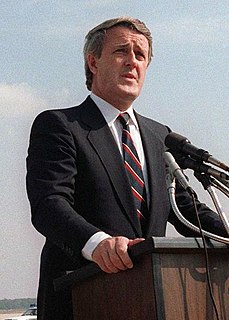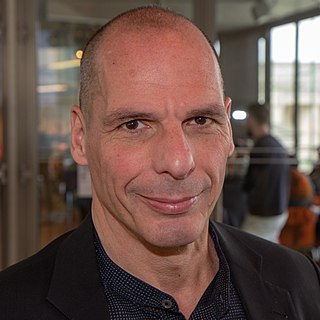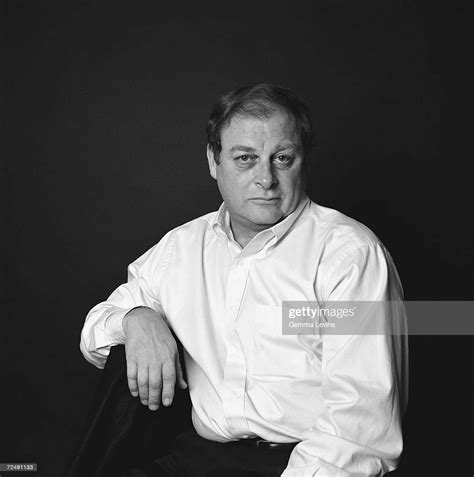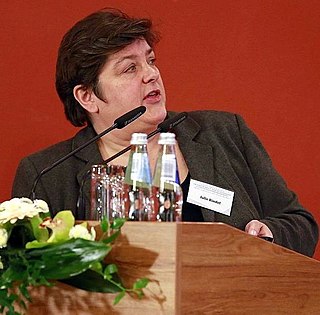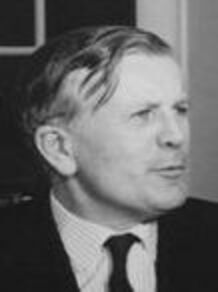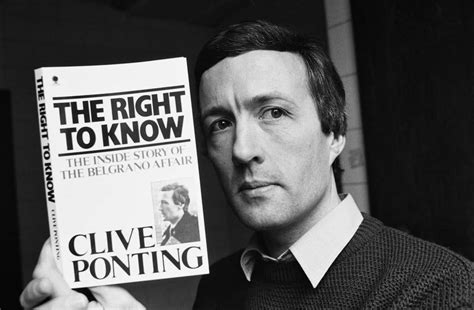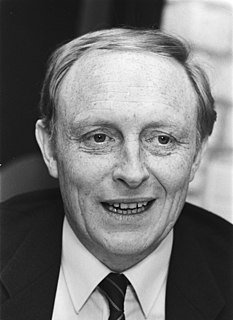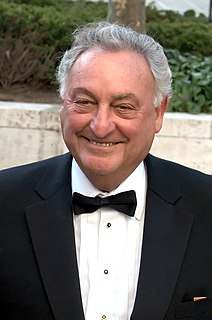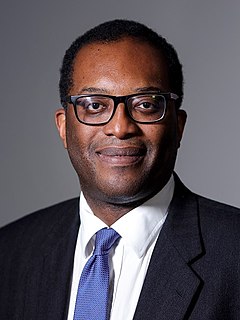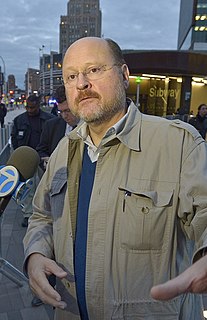Top 280 Thatcher Quotes & Sayings - Page 4
Explore popular Thatcher quotes.
Last updated on April 15, 2025.
It is not enough to call yourself a feminist because you are a strong woman. Thatcher was an enemy to feminism, as is Nadine Dorries. Like other liberation movements, feminism has an ideology and a goal. It is not about personal liberty and freedom, but the emancipation from oppression and tyranny for ALL women, whatever our race or class.
Margaret Thatcher has shown that there is power and dignity to be won by defying the status quo and the majority rather than by adapting to them. If the British left, which she froze into immobility like Medusa, could bring itself to learn from this, then we might not have to look upon her like again.
The state owned monopolies are among the greatest millstones round the neck of the economy. Liberals must stress at all times the virtues of the market, not only for efficiency but to enable the widest possible choice. Much of what Mrs Thatcher and Sir Keith Joseph say and do is in the mainstream of liberal philosophy.
Neoliberalism became the leading economic ideology in the U.S. and in the U.K. during Ronald Reagan's and Margaret Thatcher's mandates. In this way, the leaders of the free world offered a viable solution to the economic crisis at the time: competition, deregulation, outsourcing, to name a few buzz words that have since become common place.
In the period before the arrival of Mrs. Thatcher, politics had been in such low esteem. Everything was so hedged, so mealy-mouthed. Then along came this woman who seemed to have no manners at all and said exactly what she thought. Everyone's eyes were popping and their jaws were dropping, and I really enjoyed that.
Under Ronald Reagan in the United States and Margaret Thatcher in the U.K., there was a rewriting of the basic rules of capitalism. These two governments changed the rules governing labour bargaining, weakening trade unions, and they weakened anti-trust enforcement, allowing more monopolies to be created.
For good or for ill, Britain is in some respects moving away from a prime-ministerial system towards a presidential one. This is emphatically not, as is sometimes argued, simply a function of Tony Blair's personal ambition. The shift towards a more presidential style was already visible under Margaret Thatcher.
Prime ministers come and go, but so long as he or she lives, the sovereign remains, receiving and reading all state papers and meeting once a week with the prime minister to advise, enquire, and comment - sometimes sharply, as was the case with Queen Elizabeth II and Mrs. Thatcher - on affairs of state.
I have an ambivalent relationship with Margaret Thatcher. She came to power in May 1979 - a month before my 11th birthday. I was far too young to have developed a great deal of political awareness. I remember it, though - my mother excited at the dinner table because Britain had its first female prime minister.
Margaret Thatcher was a 20th century visionary who understood the power of individual freedom versus the tyranny of government collectivism. She was a loyal supporter and friend of the United States and her terms as prime minister were marked as the beginning of the resurgence of the economy of the United Kingdom.
If I were transported into my father's shoes, I would have been a Labour supporter, too, because in the 1960s and even in the 1970s, the Conservatives weren't standing up for working people; there was too much of an interest in corporatism, and that didn't start to change till Margaret Thatcher came along.
There is message to the community that a non-governmental process is underway to bring about social change, it's a public one, and people like Margaret Thatcher, George Bush, and Mikhail Gorbachev are throwing their weight behind it. In a world where there's a lot of cynicism and despair, this has a candle-lighting effect.
This is the first generation to grow up on Thatcher - it's a different ethos. It's money minded, and it's the cult of yourself. Now that's fine, except when it falls down, and you can't achieve your goals - through high unemployment, through the fact that you probably need inherited money to get anywhere.
